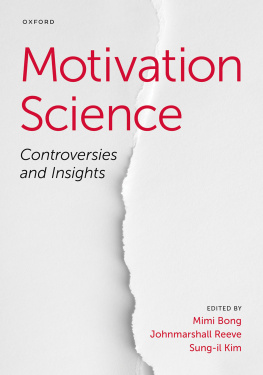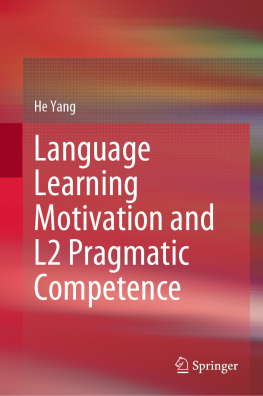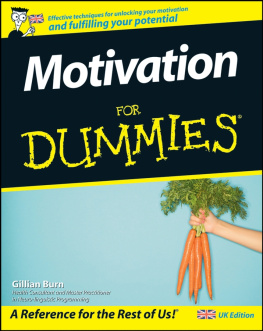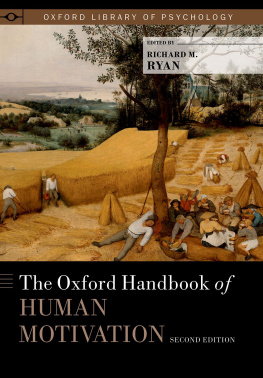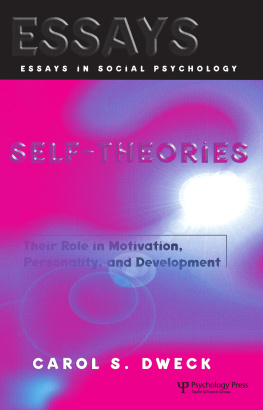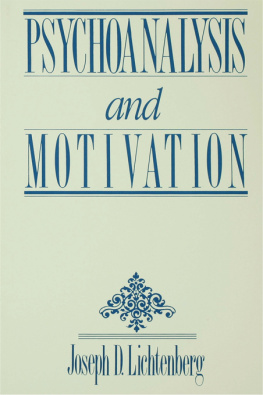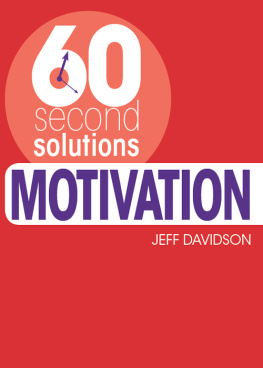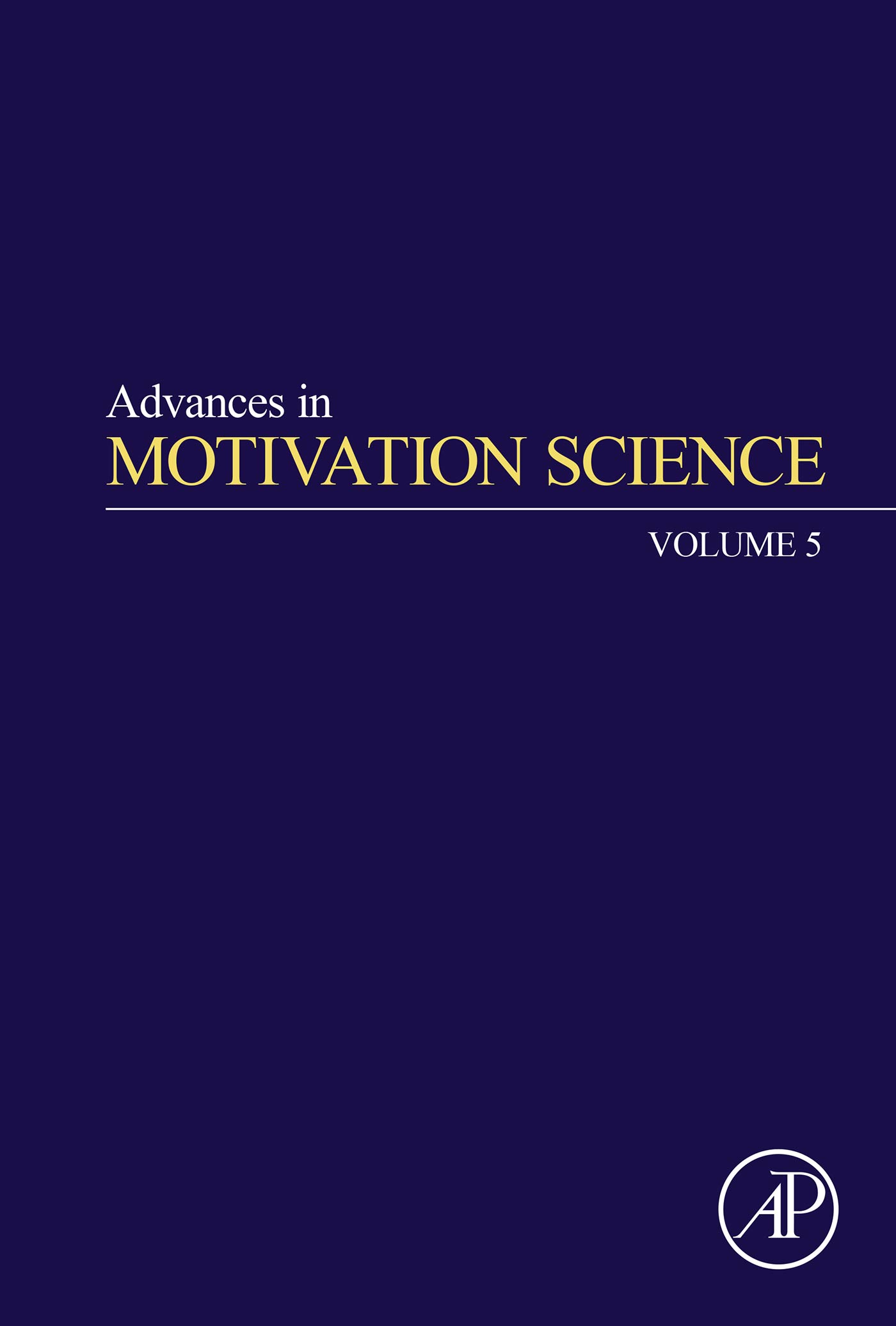In this chapter, we discuss our perspective on mastery motivation, including its origins, current tenets, measurement, research based on it, and future directions. ). An important, but underresearched, domain is self-mastery; this domain enables growth of self-regulatory skills. We describe our past and current research aimed at accurate measurement of mastery motivation and its correlates, as well as directions for future research.
Keywords
Mastery motivation; Motivation; Competence motivation; Achievement motivation; Self-regulation
1 Origins and Current Theory of Mastery Motivation
1.1 White's Influential Paper
In 1959, White wrote a highly influential Psychological Review article that provided the foundation for our current conceptualization of mastery motivation. In fact, embedded in ).
At the time that White wrote this chapter, drive theories were dominant but were being called into question. These drive theories, including those of Hull and Freud, proposed a fixed set of biological needs, such as hunger and/or sex and/or aggression, which needed to be realized. They posited that biological deficits resulted when such needs were not fulfilled, and the need for homeostasis motivated behavior aimed at satisfying the needs and thereby restoring equilibrium. However, White noted that a number of researchers of animal and human behavior, including , observed animal and human activities that seemed motivated, but which could not be readily explained in terms of drive reduction and homeostasis. Rather, it appeared that sometimes animals and humans tried to increase , rather than to decrease arousal; and to be highly motivated to explore, play, and experiment with the environment even though their biological needs had already been satisfied.
White proposed a special and different motive for curious, playful exploration and the desire to effectively interact with the environment, which he labeled effectance motivation. He proposed that the purpose of this motive was to increase competence, although he believed that the individual acting on this motive was not necessarily cognizant of this purpose. Rather, the individual motivated by effectance motivation sought positive feelings of efficacyto have an (autonomous) effect on the environment and to be (and feel) effective. He noted that this motive was typically observed, in action, when the child was playfully exploring the inanimate environment, but that it also was used in interaction with the social environment. Thus, anticipating Self-Determination Theory, he highlighted humans needs for autonomy, competence, and relationships. His paper also fostered the recognition that behavior could be intrinsically motivated, which became central to many theories, including ).
One prescient observation that White made was that when one is operating under strong drive/deficit states, including a state of anxiety, one's focus tends to be intense but narrow. In contrast, effectance motivation seems to be directed toward positive emotion and associated with open, creative, and varied interaction with the environment. Research that followed regarding the effects of emotion on cognition supported this concept, demonstrating that inducing positive affect tends to lead to openness, flexibility, and creativity of thought (e.g., ). This suggests that emotions can be motivating, and that some emotions, at least at moderate levels, potentiate focused mastery of specific tasks, whereas other emotions facilitate generalized creativity and mastery of novel tasks or situations. The important role of emotions in mastery motivation is a key component of our approach. Before elaborating our approach further, however, we will distinguish it from other prominent approaches to motivation in mastery and/or achievement contexts.
1.2 Distinguishing Our Own Approach From Those of Other Current Theories
Currently, there are several important approaches to motivation in achievement and/or mastery contexts, including the Mindset approach (e.g., ). All of these theories share some important features, but each differs in important ways as well. It is beyond the scope of this chapter to provide a detailed description of the other theoretical approaches. In this section, we will focus on key points of difference between other approaches and our own approach.
1.2.1 What Is Motivation?
In order to facilitate a discussion of similarities and differences between our approach and that of others, it is important to define the domain we hope to explain. Motivation is the why of behavior, and mastery motivation involves the urge or psychological push to solve problems, meet challenges, and master ourselves and our world. Why do newborn babies, despite a very limited repertoire of behaviors, try to suck in a particular rhythm that enables them to hear their mother's voice? Why does a toddler keep trying to walk even though he or she often falls, or angrily persist in pulling on the child gate that is keeping him/her from entering the kitchen? Why do children try to build block towers as tall as they can make them? Why does one child keep trying to build higher and higher towers even though blocks fall off, whereas another child decides to play with something else as soon as one block falls? Why do some preadolescents carefully try to hide their fear as they walk with friends through a haunted house and others decide just to avoid scary haunted houses? Why do some adolescents practice BMX or skateboarding tricks over and over, trying to accomplish them successfully, while others look shameful and give up the first time they do not land a jump successfully? All of these examples would fit our view of mastery motivation. Several points are important to mention in regard to these examples, to distinguish our approach from others.
1.3 Intrinsic and Extrinsic Motivation
First, in most if not all of these examples, it is hard to say with clarity whether the behavior is intrinsically or extrinsically motivated. The example of the newborn is based on an experiment in which the child had to suck with a particular rhythm in order to turn on a recording of the mother's voice. Is this intrinsically or extrinsically motivated? The child clearly is seeking an external reward (the mother's voice). However, why does the baby find this motivating? The child's own mother's voice is motivating; another woman's voice is not. Babies seem to be built to seek the familiar social sound of their mothers voice. Is not this as intrinsic as one can get? Moreover, yes, the adolescents decide, on their own, to conquer the BMX moves. Many teens have no interest in BMX riding and make a different decision. Nonetheless, surely, their peers reward them for successful BMX tricks too. The same can be said about almost any task people persistently seek to master. In our highly social lives as humans, it is rare for anything to be completely self-selected or completely extrinsically motivated. As many have pointed out, it is important to consider how socialization contexts affect motivation to master particular tasks or task domains. However, as others have acknowledged, in many ways, the distinction of intrinsic vs extrinsic motivation is as false of a dichotomy as the distinction between nature and nurture (e.g., ). The child and the environment dynamically affect one another to shape motivation and motivational development, just as they do for any other aspect of development.




